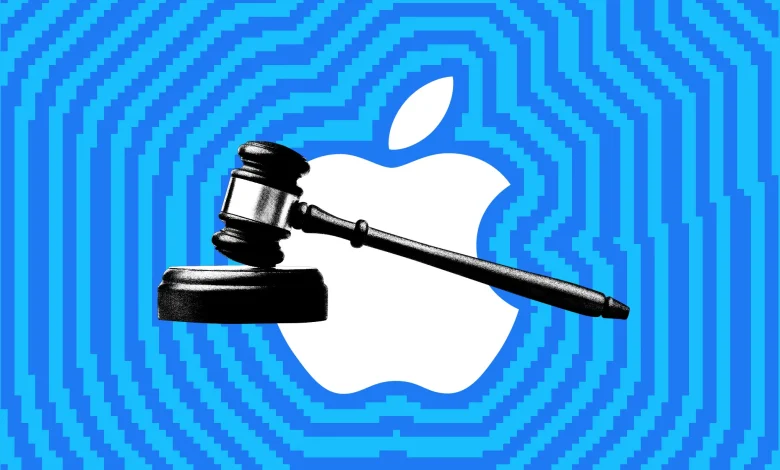
Apple Faces $5M Lawsuit Over Irrecoverable iPhone Data
A Minnesota man is suing Apple for $5 million after claiming the company failed to help him recover his stolen iPhone data.
A Minnesota tech consultant seeks $5 million compensation from Apple because the company did not provide himusable assistance to retrieve his stolen iPhone data. A complaint at the U.S. District Court for the Northern District of California accuses Apple of negligence because the plaintiff lost 2 terabytes of information stored in iCloud.
Michael Mathews submitted a lawsuit because he believes Arizona thieves stole his iPhone containing everything from his digital life including photographs together with tax records and business documents and songs. Because he could not recover his Apple ID and because his account used Apple’s Advanced Data Protection service Mathews states that Apple would not help him despite losing access to his entire personal and professional data. This led to his consulting business shutting down.
How Apple’s Recovery Key System Failed the User
Apple’s Advanced Data Protection system stands at the core of this matter because it uses encryption to lock down iCloud storage but needs a complex 28-digit Recovery Key to help users recover past credentials. A suit claims that the thief who took Mathews’ phone accessed the device through its passcode before changing the Apple ID credentials by potentially generating a new Recovery Key.
The encryption safeguards preventing Apple from accessing the Recovery Key forced the company to deny help to Mathews recover his data content. The security process which protects user privacy results in permanent account inaccessibility when the Recovery Key disappears or falls under unauthorized control. Mathews suffered complete digital blackout due to the outcome of his situation.

Legal Claims Against Apple and User Backlash
The lawsuit presents the case that Apple should take responsibility to recover accounts during these unusual situations. A company policy should not allow data retention as a method of hostage-taking because users can prove possession despite company rules according to Mathews’ legal counsel. The present case questions whether Apple should loosen its policy toward encrypted information.
Apple maintained its position regarding user privacy and security by asserting its serious stance toward all attacks directed at its users while avoiding specifics about the legal action. The organization extended sympathy toward theft victims while maintaining its position on keeping end-to-end encryption intact.

Final Thought
A significant number of Apple users demonstrate increasing anxiety because Advanced Data Protection has unknown implications when they lose access to their Recovery Key. The data protection enhancement offsets security risks yet forces users to handle the entire responsibility independently. Apple provides no assistance when users lose the key for key entry.
The discovery stage of the ongoing lawsuit will require enough time to reach a conclusion that might stretch into several months. This case has triggered broader dialogues regarding the relationship between privacy rights of users and maintaining customer support services. Apple currently maintains its principles of secure design yet some people advocate for extra flexibility to handle unique situations.



